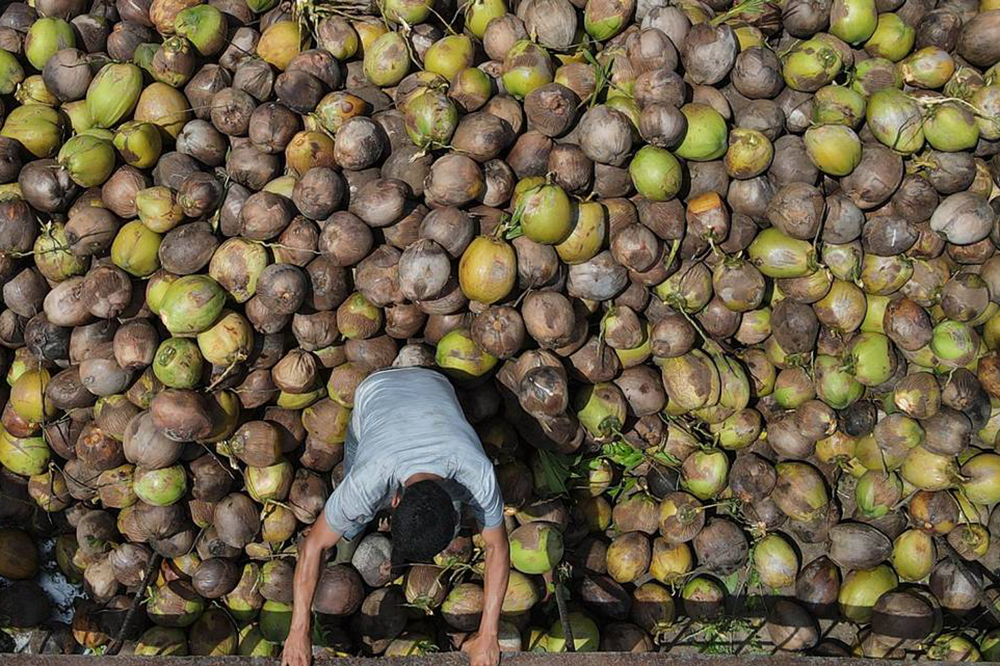Along the retail supply chain, there’s nothing more “local” than a food co-op. The food chain moves from farm to co-op to table—and the shopping habits of a growing number of Americans underscore this trend.
A recent survey of consumers who value a healthy and sustainable lifestyle found that nearly seven out of ten grocery shoppers seek out local or regional products when they shop. Local food slightly outpolled shoppers who searched for organic foods on store shelves. “One of the bigger surprises of this study,” researchers found, “might be their focus on local and regional products.”
According to another study last month, six in ten shoppers deem locally sourced meat, produce and dairy products as important, while less than five in ten prefer organics, when given a choice.
Traditional grocery chains and big box superstores have all invested heavily to promote their organic products. Costco and Whole Foods combined sold nearly $8 billion in organics in 2015. But finding locally-sourced meat, eggs, milk or honey at most corporate grocers is another story. Major grocery chains have very little slotted space for small local producers, or their presence is symbolic only.
But if you visit the Morrisville Food Co-op website, their “Meet the Vendors” page contains 33 local farms and producers selling homestyle breads, pies, cakes, jams, grass-fed beef, chicken, pork, wild salmon, eggs, maple products, honeys, Kombucha, wines and other beverages. “We have outgrown our vendor list,” Morrisville Co-op said. “This list just can’t keep up.”
A few hours drive south of Morrisville, Vermont, the River Valley Co-op in Northampton, Massachusetts recently celebrated its 10th anniversary. River Valley ran a full- page ad in an area publication with the slogan, Wild About Local. “In those 10 years,” River Valley said, “we have made over $33 million in local purchases—money that goes back into our local economy.”
The Neighboring Food Co-op Association (NFCA), a federation of over 35 food co-ops and startup initiatives across New England and New York, purchases over $60 million from local and regional producers annually.
“Food co-ops, both urban and rural, are the most intrepid local retailers,” said filmmaker Steve Alves, whose documentary Food For Change is being screened in communities across the nation during October. “The co-ops ‘do local’ better than anyone, because they are passionately selling their own communities—not just any one product—but as the vision of the whole business venture. When it comes to ‘local’ food, co-ops run circles around the big box stores.”
—Food For Change is the first documentary to examine the pioneering role of food co-ops in creating regional food systems. Click here to check out a map of screenings planned for October. Don’t see one in your area? Email steve@foodforchange.coop to schedule a screening in your community.


